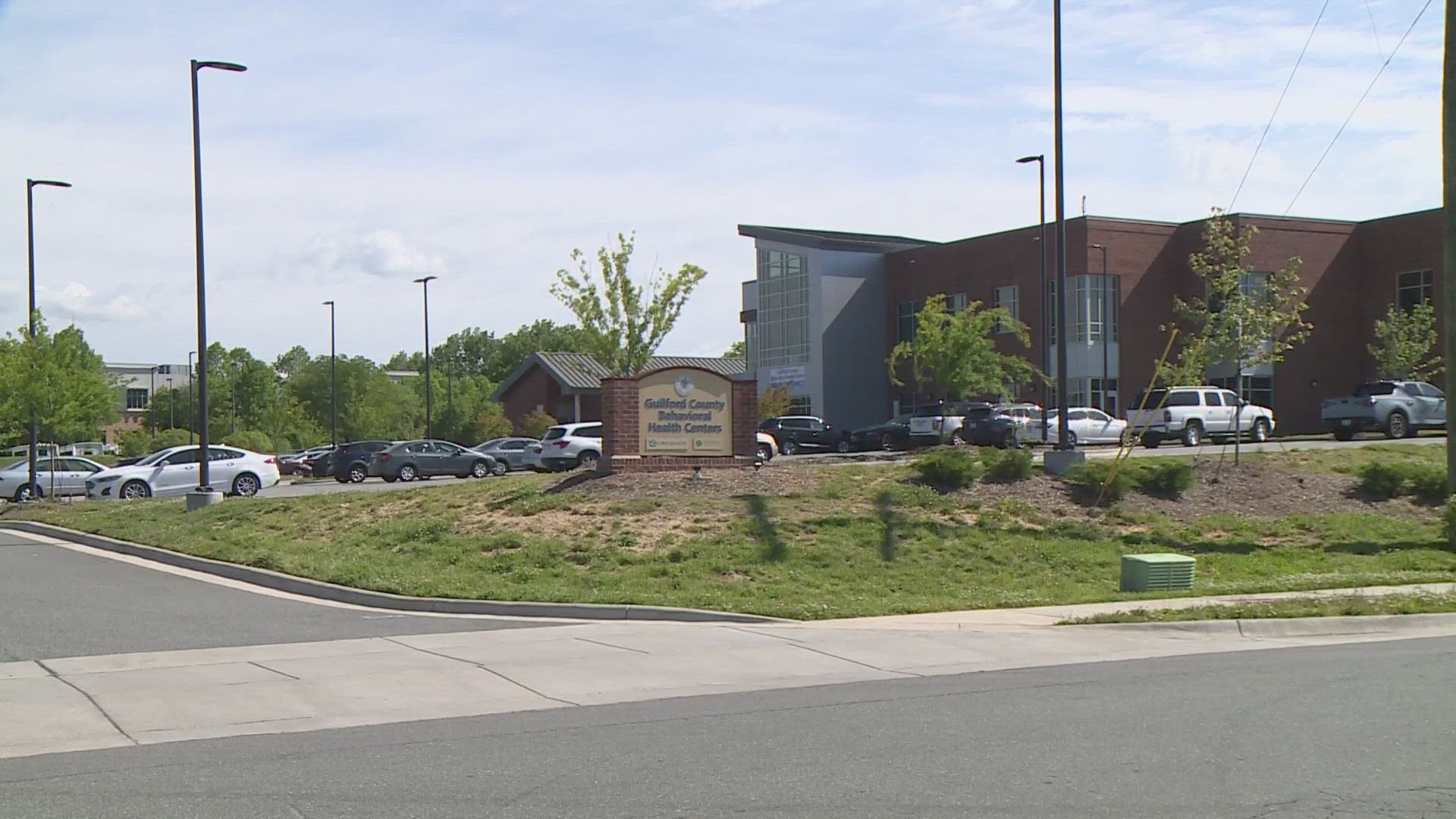GREENSBORO, N.C. — Psychiatrists at the Cone Health Behavioral Health Center said since the pandemic, the number of people seeking help has increased dramatically.
It aligns with a new study released by the Surgeon General that shows more people are experiencing loneliness, even calling it an epidemic.
The study shows loneliness increases the risk of premature death by nearly 30 percent.
For younger adults, it can create sleep problems, inflammation, and immune changes.
In older adults, it is tied to pain, insomnia, depression, anxiety, and a shorter life span.
For people of all ages, loneliness can be associated with higher risks of heart disease, stroke, diabetes, addiction, self-harm, and dementia, according to the study.
Alex Pashayan is a Cone Health Psychiatry resident. He said there is a direct link between mental and physical health.
"There is definitely a well-established link between physical health and mental health and the reverse is also true," Pashayan said. "If your mental health is suffering, it will lead to physical issues and complications as well."
Pashayan said he's seen loneliness lead to depression. This means many people avoid getting out and active and it creates isolation.
"One of the things about depression and isolation is it comes into a vicious feedback cycle where you get depressed, so you isolate yourself, and that isolation further drives the depression, which unfortunately further drives the isolation and kind of has a snowball effect to the point where before you notice it, you stop going to the gym you're not watching anything that you eat, you're just eating constantly or not at all and so it kind of sneaks up on you that way," said Pashayan.
He said it is something people need to look out for.
"It's sometimes hard to find that subtle change in our pattern, that is that loneliness where we stop going out, we stop doing things with friends, stop interacting with family," said Pashayan. "The best way to notice it is to take stock of how often you reach out to your family or friends and then see if in the last week or month if you have done that less often, have you been finding yourself making excuses of why not to do something with someone."
He said there is no harm in getting help when and if you need it.
"If you fall and break your leg, no one's gonna shame you for that, so, in a way, if your mind is in trouble and needing help, just like a bone needs help, there shouldn't be any shame in that," he said. "Everybody at some point in their life needs help in some form or fashion, so this is just one form of help that sometimes people need."
Pashayan suggests scheduling time to meet up with friends and family to prevent that loneliness.
Also, keep an eye on each other, and if your friends start to pull away or isolate, be sure to check in on them.
There are also many resources for those who need help.
There is the national suicide and mental health hotline. Call 988 to talk to someone who can help you through each step of the way.
Cone Health also has a behavioral health center dedicated to helping people as well.

